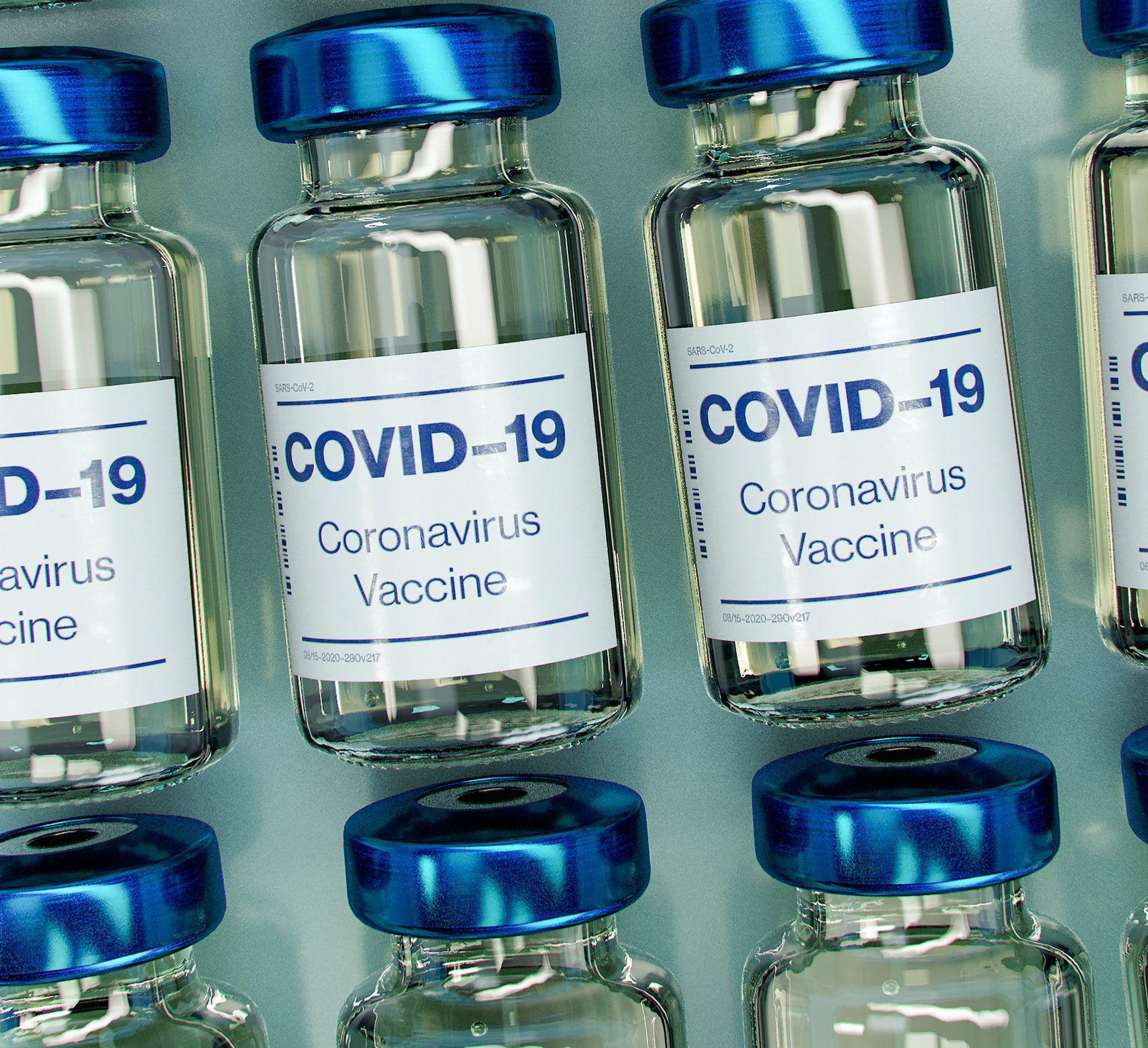The European Union has drawn up emergency legislation giving it broad powers to curb exports for the next six weeks of COVID vaccines manufactured in the bloc, reported the New York Times on Wednesday.
The draft legislation comes as the dispute between the UK and EU deepens, with vaccine supply shortages continuing to wrack the EU vaccine rollout plan.
The EU has repeatedly called for British-Swedish vaccine manufacturer AstraZeneca to do more to meet its vaccine commitments after concerns were raised that it would once again miss its delivery targets to the bloc in this quarter.
In January, AstraZeneca angered European leaders by announcing it would only be able to deliver 25 per cent of the 100 million doses it pledged to the bloc, citing construction problems at the bloc.
Some in the EU had argued that it was unreasonable for AstraZeneca to continue to export vaccine doses to the UK from the company’s plants on the continent while failing to meet EU requirements.
This is especially aggravated by the British vaccine rollout program speeding ahead of that of the European Union, which by all means seems to have lagged behind several countries, including the USA and Israel.
According to the New York Times, the draft legislation is set to be made public on Wednesday. Its proposals will make it harder for pharmaceutical companies producing COVID vaccines in the EU to export them and is expected to disrupt the supply to Britain.
In Malta, which has led the EU in its vaccine rollout speed, it was announced on Tuesday that a full 25 per cent of the adult population has received at least one dose of the vaccine.
Speaking on CNN this week, Deputy Prime Minister and Health Minister Chris Fearne praised the EU joint procurement mechanism for vaccines, and proclaimed it as a “huge success”, and said “all of Europe is in a good place”, despite the slow rollout on the continent.
WATCH: Rare torrential rain in Dubai wreaks havoc and causes major disruption
Flooding hits shopping malls, destroying stock
Spain to end ‘golden visa’ scheme over property market impacts
While countries are slowly banning the practice, Malta remains firm in keeping the scheme alive
Xiaomi electric vehicles delivery might be delayed by four to seven months
The company introduced a special version of its new model and gifted fridges as part of its campaign






